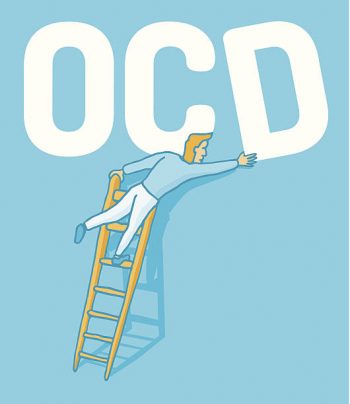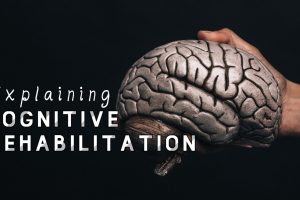Stop Idealizing OCD

You will hear many people casually brag about having OCD because of their tendency to stay organized, preference for ultimate neatness, fondness to follow strict routines, or being very selective in their choices. Well, Obsessive Compulsive Disorder (OCD) is a psychological illness that needs clinical attention. The disorder is generally characterized by:
- Uncontrollable, intrusive thoughts, beliefs, and ideas
- Negative emotions like guilt and anxiety
- Repetitive and ritualistic behaviors or actions
OCD involves two main symptoms which can be further elaborated with more detailed symptoms: Obsessions include intrusive and recurring thoughts, ideas, mental images, and beliefs that are often disturbing and cause significant emotional distress or dysfunction. Compulsions are behaviors or rituals that a person feels driven to do. Compulsions are often performed to reduce the anxiety and distress caused by obsessions. These symptoms disrupt your day-to-day functioning, it can obstruct your normal patterns of thinking and decision-making as mentioned above it involves feelings of anxiety, negative thought patterns, and monotonous behavior. These behavioral patterns are not only problematic for the clients themselves but also for the people around them. It is extremely challenging for an OCD patient to be able to survive in a normal environment. Their careers, relationships, academic life, everything gets at stake if the problem goes untreated. Being in close interaction with people suffering from OCD symptoms, I am sharing my firsthand experience with them while they were not being in therapy.
A teenage boy would take shower, try to clean himself up, and change clothes several times a day to relieve the feelings of anxiety. He chose certain paths to walk whenever he had to go outside even if it cost him extra time. He could not cope with his school environment and consequently, he abandoned his studies and stayed home instead. His family was of the view that this is because of an evil eye or black magic so they kept taking him to saints to lift the torment. A lady was fired from her job because her coworkers and head noticed her OCD symptoms and she once fainted because of an anxiety attack at her workplace.
Normal brain cells interact with one another to control the flow of information throughout the brain but in OCD, there is a communication problem between parts of the brain that interpret thoughts and actions, when this happens inappropriate information is delivered through the system and the individual becomes overwhelmed by their thoughts and actions. Several etiological factors can be identified for OCD, these can be genetic, other psychological problems such as depression or anxiety, or other illnesses, such as traumatic brain injuries. A famous Turkish psychiatrist Dr. Kaşif Nevzat Tarhan, when asked about the psychological problem of his most challenging patient, he responded OCD. One of his OCD patients could not relieve the feelings of anxiety, repetitive, and intrusive thoughts that compelled him to stay in the lavatory for 8 hours straight. But the problem is manageable, Psychotherapy along with medication is recommended to treat people with OCD. The clients are usually advised to identify events or situations that trigger the symptoms and take immediate actions to prevent the symptoms from getting worse. A piece of advice for people who are around those struggling with such problems is to be considerate and provide help and support to them.
OCD does not feel like a choice and doesn’t bring a sense of fulfillment and joy.
MARISA T. MAZZA
-By Aliya Imtiaz
Video link for Dr. Kaşif Nevzat Tarhan interview:
https://www.youtube.com/watch?v=-Xh2fDPAqo4&t=5s








